We caught up with the brilliant and insightful Adrian Hall a few weeks ago and have shared our conversation below.
Adrian, appreciate you joining us today. Have you been able to earn a full-time living from your creative work? If so, can you walk us through your journey and how you made it happen? Was it like that from day one? If not, what were some of the major steps and milestones and do you think you could have sped up the process somehow knowing what you know now?
I feel very fortunate to have been a mixer and producer working in the music business for over 25 years now. I’ve never had a “proper job”, hahaha! It’s not an easy career path, but then, what is these days?
I came to working in recording studios via a slightly roundabout route. I actually went to University and got a Masters in Engineering, studying Acoustics and Vibration, and was all set to be an acoustic consultant. I had a job lined up and everything! But I’d always played in bands and been interested in recording, so after I graduated, I did a nine-month Diploma course at SAE London in 1996, back when it was all 2-inch tape, SSL and Neve desks. I managed to find some work doing freelance assisting at various London studios, and eventually landed a full-time assistant engineer gig at Metropolis in 1997.
Even then, studios would start you in the back room with the techs, mending cables and headphones, and once they knew that you could handle yourself in a session and understood the demands of being an assistant and session etiquette, they would start letting you assist on sessions. I was fortunate to assist on some fantastic sessions, observing and learning from some of the best engineers in the business. My very first session at Metropolis was assisting Gary Langan, who was one of the founders of the studio, and I guess he thought I was alright, because I didn’t get fired! Over the next 6 years I assisted so many great engineers, including Steven Fitzmaurice, Tom Elmhirst, Alan Moulder and many others. The other great thing was that it was still the days of relatively big budgets, so I got to hear some amazing musicians play on various sessions. My very first paid engineering gig was recording the bass legend Pino Palladino! It gives you a massive appreciation for what a great musician does, and how much of getting a great sound comes from the player themselves. Not that the gear isn’t important, but it’s certainly not the most important thing, at all!
Recording then was still mostly on 2″ tape, 48-track usually, and it was while I was an assistant that the transition to ProTools really started to happen. So I was amongst the last generation of engineers to train on tape, and when I left Metropolis to go freelance in 2004, most sessions were on ProTools exclusively. I saw that change happen quite early, and one of the first “business” decisions that I ever made was to take out a loan for a small ProTools rig that I could hire onto sessions, with myself as the ProTools operator, for editing drums and vocals. The rig paid for itself in about a month of sessions!
Metropolis was mainly a mixing studio, so it was incredible to hear how these great mixers put together a mix, and to do the mix recalls for them and listen and learn how they were using certain bits of equipment. That pathway doesn’t really exist nowadays since big studios are few and far between, but I guess it has been replaced by some of the online resources where great engineers and producers take you through the different stages of their recording and mixing processes. It’s probably because I was assisting on so many mixing sessions that I began to develop a fascination for the mixing process. I could see that even when artists had recorded a lot of things themselves, or with a producer in a small production room, they still needed somebody who could pull the project together at the end, and do that elusive thing of making something sound “like a record”. And still to this day, the majority of my work is mixing, or helping to finish a record with additional production and mixing.
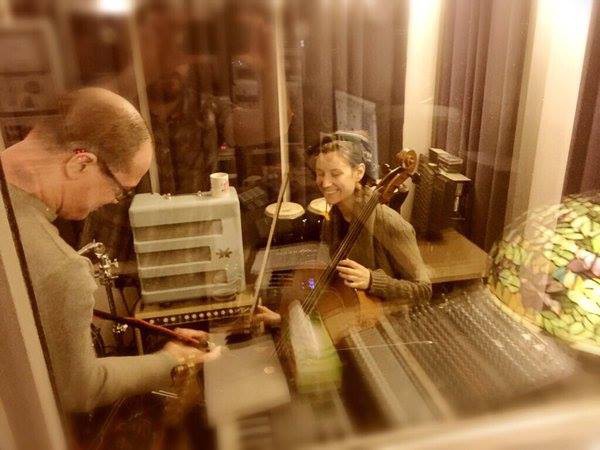
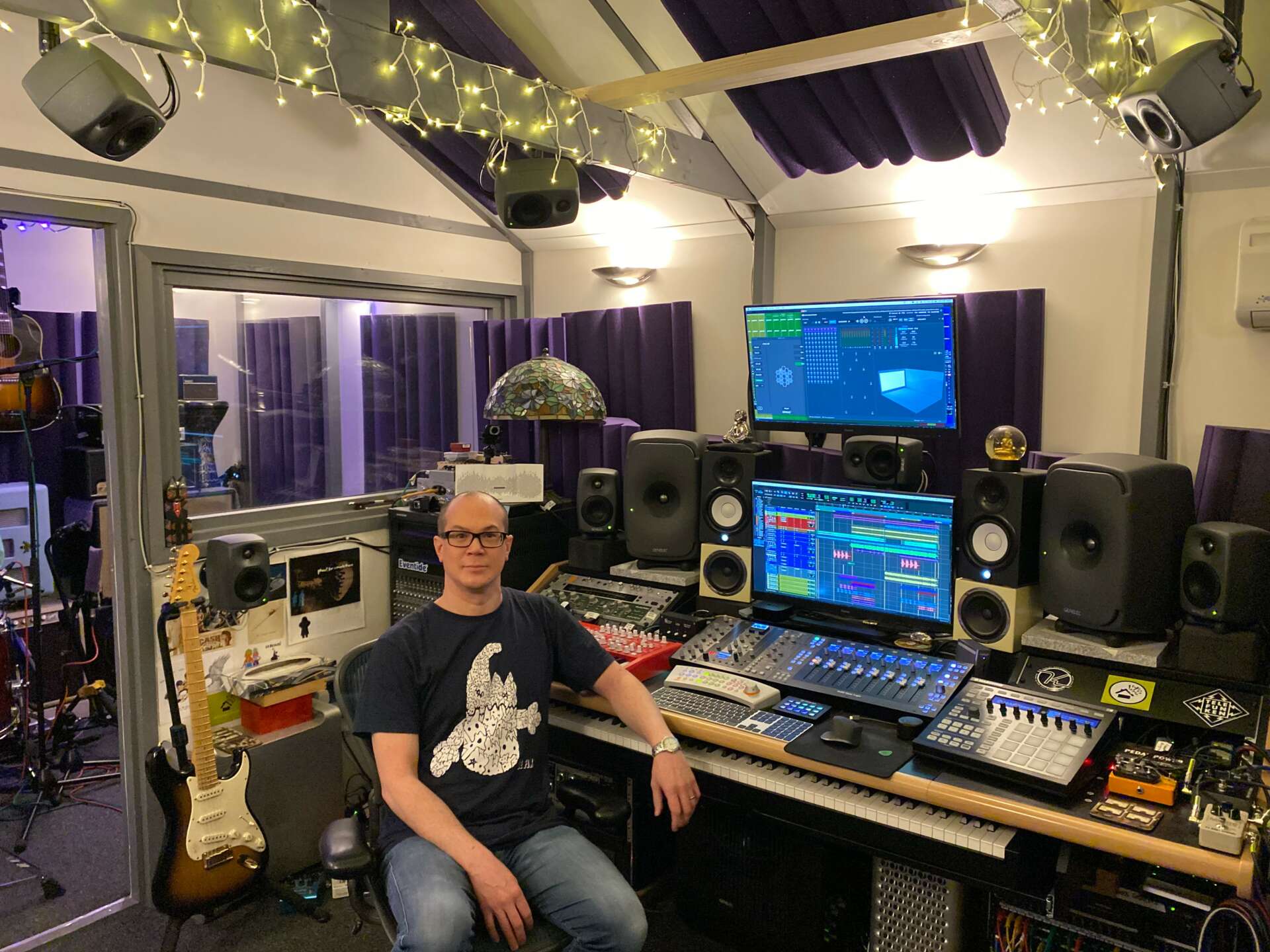
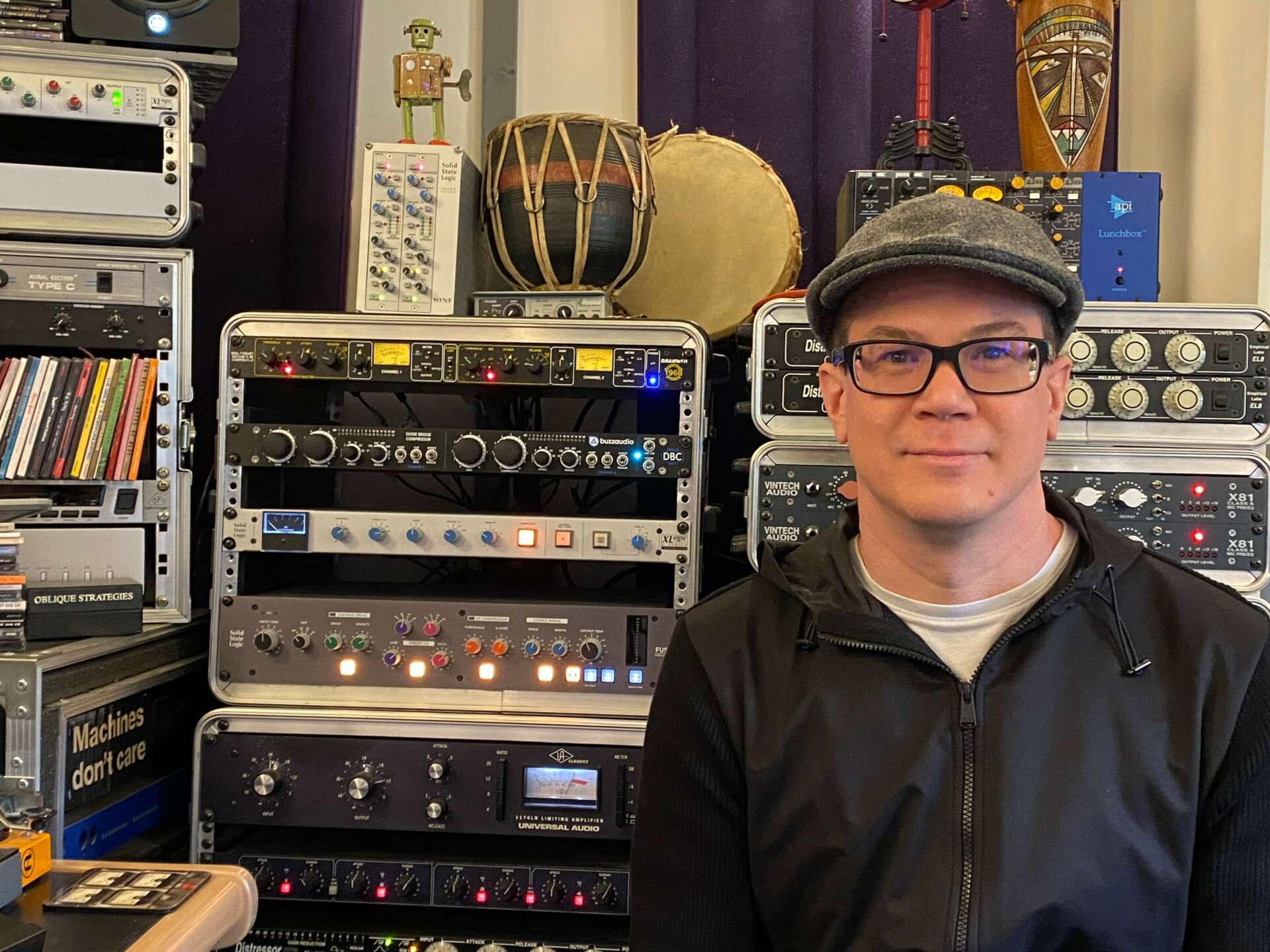
Adrian, love having you share your insights with us. Before we ask you more questions, maybe you can take a moment to introduce yourself to our readers who might have missed our earlier conversations?
I love all aspects of working with music and the business of producing music for an artist. With some artists, I will be involved from the very start of the album making process, discussing which songs should be on a record, putting together a band for them in the studio if they don’t already work with one, doing pre-production programming or rehearsals with the band, and then going into a studio and guiding the artist through the entire process of making something that is meaningful to them. However, the majority of my work has been in finishing productions. This definitely involves mixing, but will often involve some degree of final recordings and additional production touches before doing the mix.
I think that this may partly be because a lot of the artists that I work with have done a fair amount of the production process themselves. Most artists are very production-savvy these days, certainly compared to 20 years ago. I mean, almost all musicians I know have a laptop and software that they can use to record themselves, which I think is a fantastic thing, that the art of making records has been democratised, and is not all shrouded in mystery and technical wizardry. Having said that, because there may often not be an engineer involved with the recording process, or the recordings were done in home environments or other less-than-ideal spaces, or with flawed monitoring, there can be certain technical challenges that need to be overcome to make things sound sonically great. And that doesn’t necessarily mean great in a “hi-fi” way, it can often mean making sure that different sounds and elements have enough character and personality in a production, that parts and sounds really contribute to the overall production aesthetic.
I like to think that I am good at “finishing records”, and that applies whether the artist is a huge name, or a relative newcomer, whether we spent two days on it, or a month. I try to approach all of the projects that I work on with the same attitude, of getting the very best for the artist that I can possibly achieve. I’m equally proud of the work that I did on some of Nova Twins’ early singles like “Bassline Bitch” as I am for my work on mixing Tori Amos’ most recent album “Ocean To Ocean”. I put just as much effort into mixing China Bears for indie label Fierce Panda as I did when I mixed Depeche Mode’s “Live in Berlin” album and DVD. One project might take a bit longer than another, that’s all!
When I look back on projects that I’ve been involved with, I do take a certain pride in the fact that they all sound very different. I genuinely hope that I don’t stamp my sound on the artist, but help them to sound the best that they possibly can, and do whatever is required to achieve that. Having said that, I do enjoy a certain clarity and fullness of sound in the mixing approach that I take. I want to be able to hear the lyrics and the emotion in a vocal performance, to feel the punch of the drums and the depth of the bass, to be able to pick out the different musical elements in a production. Even if it’s fuzzed out guitars and distorted drums, I want to feel like I’m in a room with the band, and not watching the band from outside through a rainy piece of glass. Does that make sense? It does in my head, hahaha!

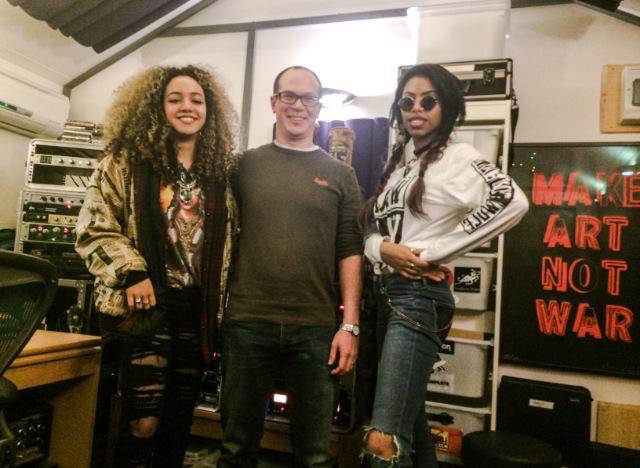
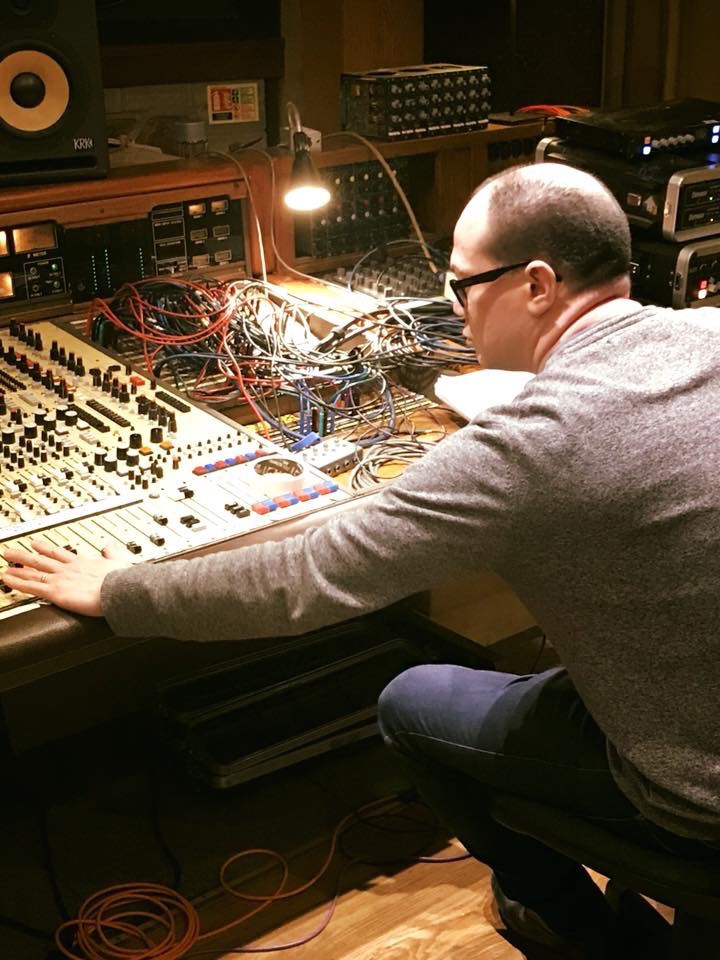
What’s the most rewarding aspect of being a creative in your experience?
Without getting too philosophical and “arty”, I think that the most rewarding aspect pf working in a creative industry is the work itself. If money were no object, then so many people would choose to do something creative with their lives, not just in music, but with painting or writing, or jewellery making or whatever they love to do with their spare time. I try never to take that for granted, especially when I’m working long hours on a project, or for less money than I would like. And although it’s a flippant thing to say that making music is not that serious, in the sense that we’re not saving lives and nobody’s going to die if we don’t finish the guitar overdubs tonight, I can’t tell you the number of times that music really has changed my life, and those of my friends. In some cases, for those people I knew who were really struggling with their mental health, some artists’ music has literally kept them alive, given them a perspective that they weren’t alone.
On a more down to earth level, it’s actually a lot of fun as well as being immensely satisfying to be able to work with an artist and create something that didn’t exist when the project started, that is meaningful to them and their fans and that they are proud to put out into the world.

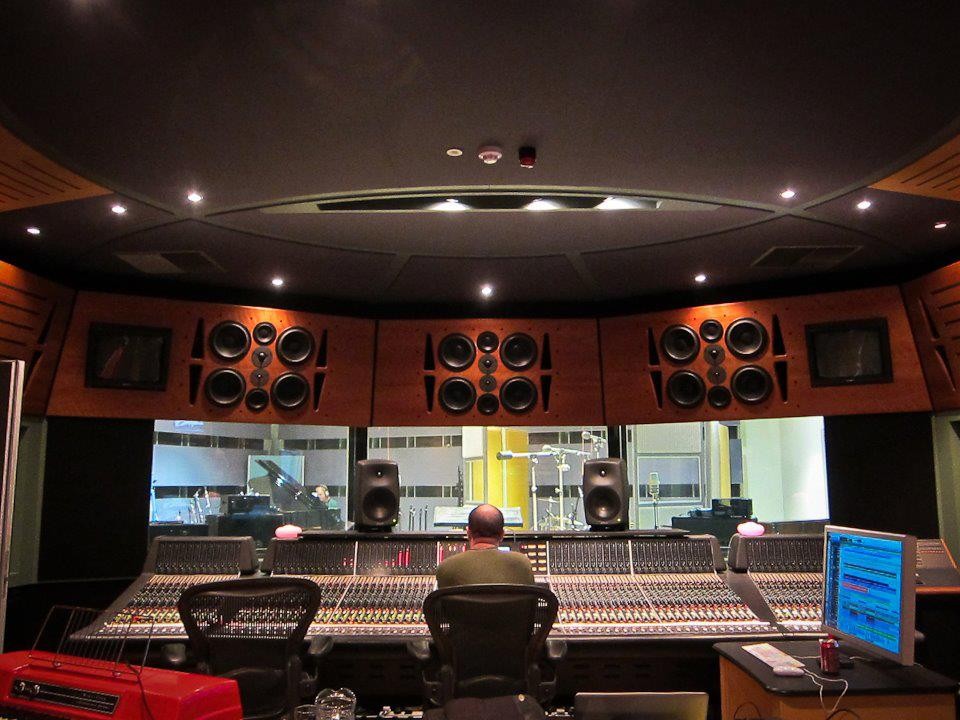
What can society do to ensure an environment that’s helpful to artists and creatives?
The music business is in a really troubling place at the moment. Obviously since the advent of illegal downloading and now in the age of streaming, most artists find it very difficult to earn money from record sales, and it is almost impossible to earn money from touring until you’re playing pretty big venues. So, I would say that if you really love an artist and their music, the best way to support them is to buy their CD or vinyl, buy their T-shirt or merchandise, go out and see them when they play shows near you. It requires a more active kind of participation on the part of the fan than just streaming their music online, but hopefully the emotional reward and connection with the artist becomes deeper as a result of a more involved effort on the part of the listener.
In terms of the wider eco-system of music in society, a big topic in many cities is the closing of smaller venues and rehearsal and recording studios, as property developers seek to make money. Which is fine, but in some cases, venues that have existed for many years are being forced to close due to noise complaints. Couple that with the rising cost of energy, and it becomes very obvious that many businesses need help, and then it becomes a much wider political issue. So, if you are fortunate enough to have a good local venue, then please go out and support it! Or if your local venue is under threat, then get involved with campaigns, write to your local representatives, help out however you can. It’s too easy to just hit “like” on whatever social media they might be posting, but ultimately that does nothing to help them survive. There is a great small venue near where I live, and I try to go there as often as I can! It’s also a great place to discover new artists and new music.
I was hopeful that after the pandemic and lockdown, people would have a greater appreciation for the role of art and creativity in society. In those times of physical disconnection, the things that helped everybody through were music, films, TV shows, books, blogs, podcasts. In my more optimistic moments, I would like to think that it made people realise the value of musicians and writers in todays’ society.
Contact Info:
- Website: www.adrian-hall.com
- Instagram: @adrianraehall
- Facebook: https://www.facebook.com/aidyhall


